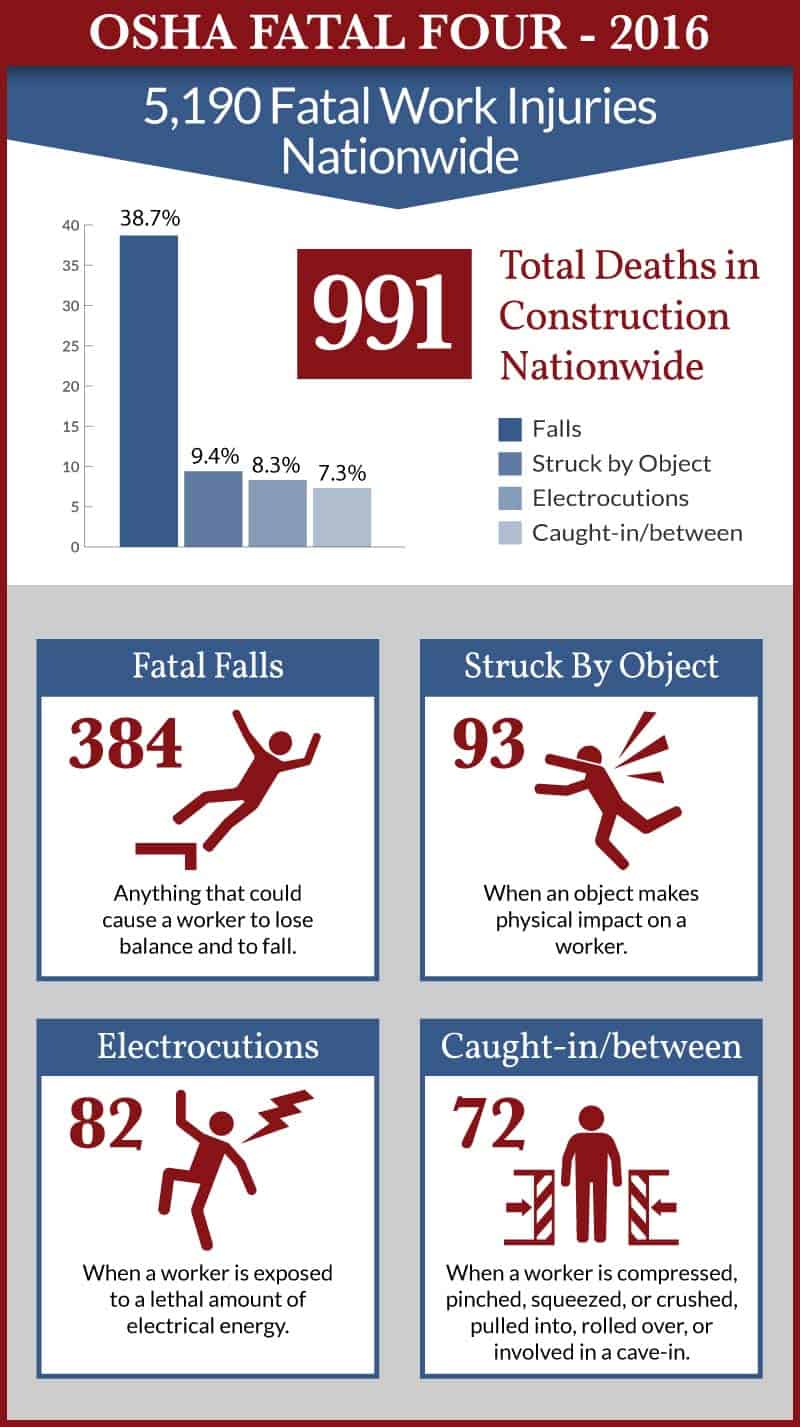Filing a Personal Injury or Workers’ Compensation Claim
 Personal injury claims and Workers’ Compensation claims are legal options intended to help compensate an individual who has suffered some type of harm. The major difference between the two is that in a personal injury claim, the claimant has the burden to prove that the defendant is at fault for the accident and resulting injuries; conversely, injured workers are usually entitled to Workers’ Compensation benefits regardless of who was at fault for the accident.
Personal injury claims and Workers’ Compensation claims are legal options intended to help compensate an individual who has suffered some type of harm. The major difference between the two is that in a personal injury claim, the claimant has the burden to prove that the defendant is at fault for the accident and resulting injuries; conversely, injured workers are usually entitled to Workers’ Compensation benefits regardless of who was at fault for the accident.
Fault is Required in a Case of Personal Injury
Accidents can occur in situations in which there is no fault. For example, someone can trip and fall and injure themselves on someone else’s property, but if it cannot be proven that the property owner did something wrong (such as failed to make timely repairs to a broken sidewalk), damages cannot be recovered.
Fault is Not Required in a Case of Workers’ Compensation
Alternately, in a Workers’ Compensation case, any employee who injures himself or herself while on the job, is entitled to Workers’ Compensation benefits (with limited exceptions). There need not be negligence or blame in order for a worker to recover. Even if the workers’ own behavior contributed to the accident, he or she may still be entitled to receive workers’ compensation benefits, provided the workers was not intoxicated or acting in violation of the law.
A Difference in Damages
There is also a difference in terms of the recovery of damages when it comes to either personal injury or Workers’ Compensation. Workers’ Compensation bars injured workers from recovering compensation for pain and suffering. Conversely, personal injury law allows individuals to recover a wide range of economic and non-economic damages. Such damages may include lost earnings, medical bills, future medical expenses, lost earning capacity, pain and suffering, permanent injury, and loss of enjoyment of life.
In a Workers’ Compensation case, benefits are typically limited to partial compensation for lost wages, permanent impairment benefits, and medical expenses. A worker claiming Workers’ Compensation benefits is not entitled to sue his or her employers or co-workers, but for a very small amount of exceptions: crewmembers of marine vessels and interstate railroad workers do not fall under general Workers’ Compensation law.
There are some instances in which a person injured on the job may also be able to file a successful personal injury lawsuit. These instances include when:
- The injury involves a defective product (claim against the product manufacturer)
- An employer’s conduct was intentional and would likely cause either serious injury or death
- The injury involves a toxic or illegal substance
- The injury was caused by a third party’s negligence (one that does not work for the company)
Philadelphia Workers’ Compensation Lawyers at Freedman & Lorry, P.C. Help Injured Workers Find the Best Option for Their Case
The many differences between personal injury claims and Workers’ Compensation benefit claims can be confusing even for the most responsible employees. That is why it is so important to find an attorney with a record of success handling work injury claims. With years of experience serving individuals in Pennsylvania, New Jersey, and North Carolina, the Philadelphia Workers’ Compensation lawyers at Freedman & Lorry, P.C. understand what at stake, and how to find the best option for your unique case. For more information, contact us online or call us for a free consultation at 888-999-1962.
